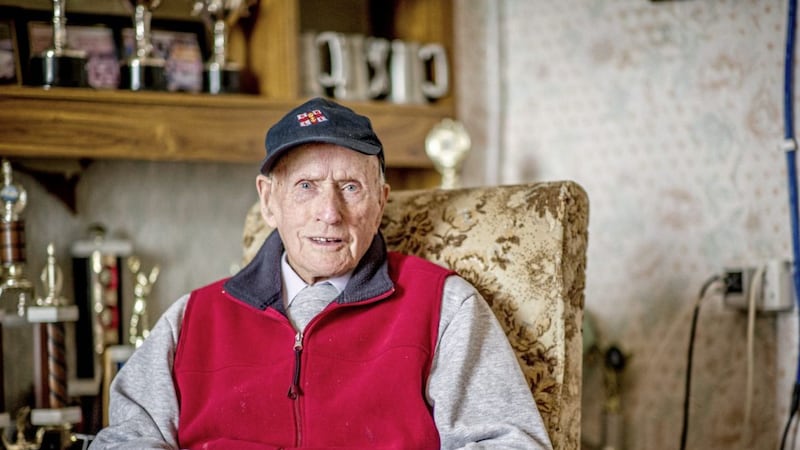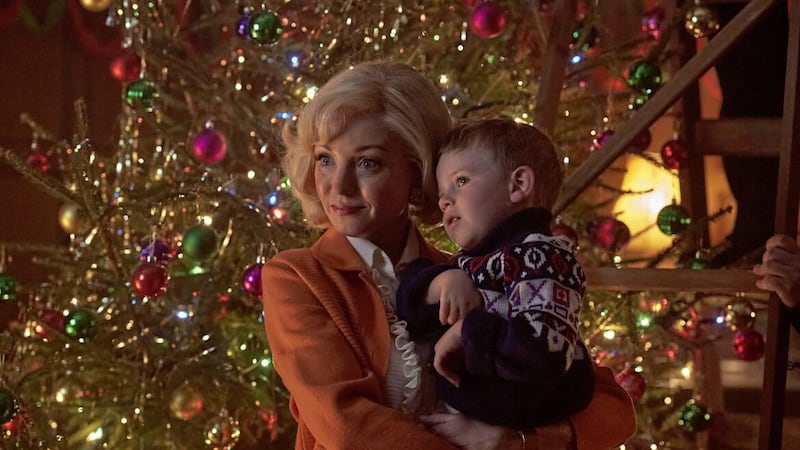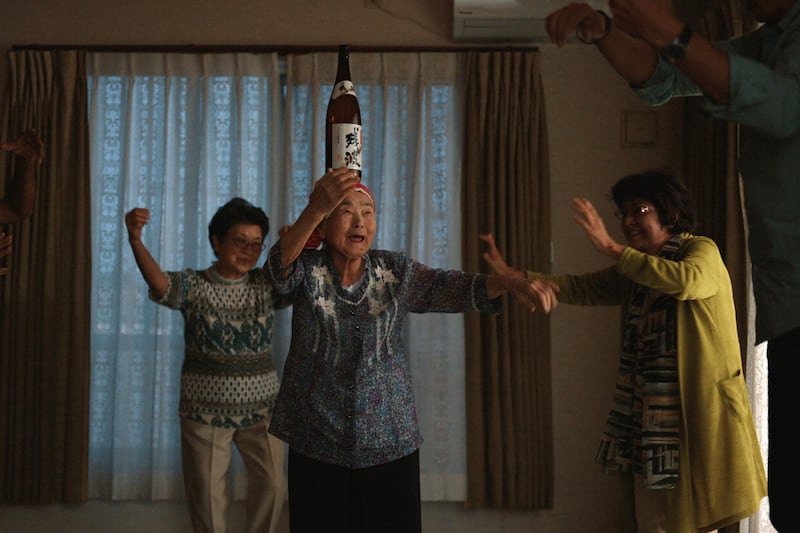:: Expenses: The Scandal Which Changed Britain, BBC 2, Monday at 9pm
EMILY Maitlis, who was announced as the main Newsnight presenter in advance of this screening, has figured out why the Brexit vote went wrong.
As the Prime Minister would say: simples.
The public was so angry at politicians after the 2009 expenses scandal that they hit back at the establishment by voting to take the UK out of the EU.
As if to say: "Take that and stuff it in your duck house."
She spoke to a huge range of people who agreed with her, such as Tony Blair and Nick Clegg.
"As we scramble for answers as to how we got into this [Brexit] political mess, is there something we've overlooked? Mistrust that may just have its roots in a chapter one long decade ago," she argues.
There was a nod to the damaging effect of the financial crisis and an acknowledgement that this revolution was not evident in the 2010 general election - the fault of the first-past-the-post system, it seems.
She didn't mention that it wasn't evident in the 2015 election either, which the Conservatives won, while Nick Clegg's party took a battering, losing 49 of its 57 seats.
In the Maitlis theory, the electorate was saving up its anger to be unleashed in the 2016 EU referendum.
To be fair, the recap of the expenses scandal was excellent, with the editor of the Daily Telegraph, Will Lewis, revealing how isolated he felt until he met the Queen at the Chelsea Flower Show and she encouraged him to keep going.
One can only imagine the conversation where the Queen - £82 million a year from the state - tells the newspaper editor that MPs are greedy buggers.
Expenses: The Scandal Which Changed Britain of course reflects that part of the UK which still can't believe that a slim majority voted to leave the EU.
It simply can't conceive that some people instinctively reject the idea of power being too far removed from them.
The Maitlis theory also didn't take account of the rejection of Brexit in Northern Ireland and Scotland, where strong majorities voted for remaining in the EU.
Were these electorates less angry at the expenses scandal? We don't know, Maitlis never mentioned the regions as she scrambled to convince herself that the 52 per cent didn't know what they were doing.
:: Border Country: When Ireland Was Divided, BBC 1, Wednesday at 10.30pm
THE Brexit theme continued in Border Country, BBC Northern Ireland's effort to reflect the increasing interest in the border.
Not in my lifetime has there been such discussion about the 310-mile frontier.
It's referenced daily in London, Brussels and Strasbourg and is the kernel of an approaching constitutional crisis in the UK.
The border is also central to renewed efforts to trigger referendums under the Good Friday Agreement seeking its permanent removal.
Border Country set up a question it didn't really answer: Is the border the "source or symptom of the trouble?"
It made a decent effort at explaining the views of some of the people living along the border, with some excellent interviews with border residents who suffered.
Ultimately though, Border Country turned into a quick fire history of Troubles atrocities which happened along its length.
Nonetheless, as we grapple with constitutional issues on both these islands it is essential we remember the truly shameful acts which were perpetrated in the name of one flag or the other.








